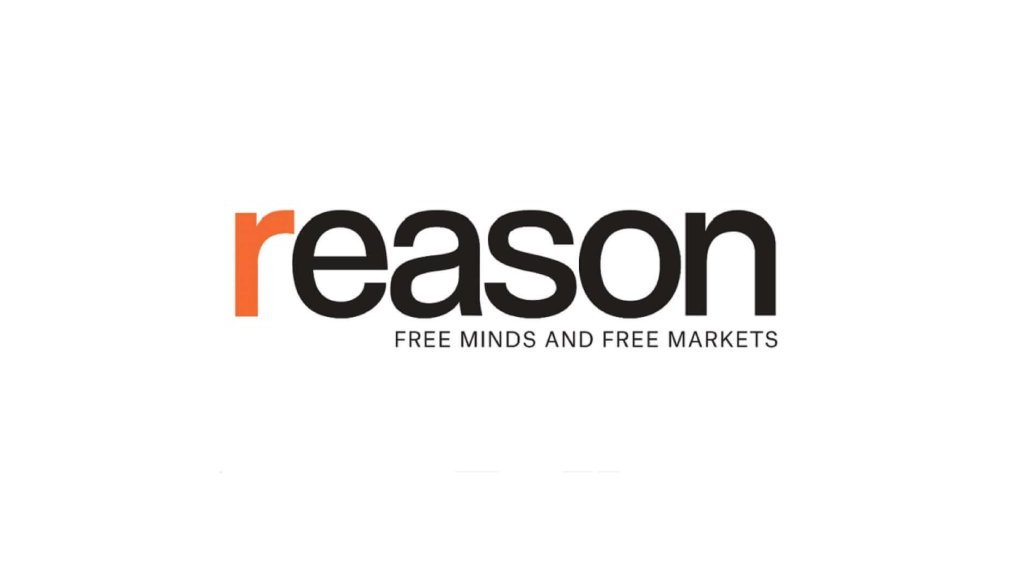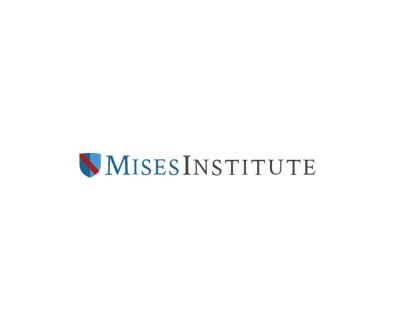Biden Admin Stops Telling Americans Which Foreigners They Can Debate
Can the U.S. government use counterterrorism as an excuse to stop Americans from talking to foreigners? Until this week, the Biden administration seemed to think so. When the New York-based nonprofit Foundation for Global Political Exchange tried to hold a conference in Lebanon, the U.S. Department of the Treasury argued that it had to bar certain Lebanese speakers because they were on the terrorist list or under other U.S. economic sanctions.
Even though no money or goods were changing hands, the Treasury’s Office of Foreign Asset Control (OFAC) wrote in 2022 that “the provision of a platform for [the sanctioned individuals] to speak” was considered a “service,” and therefore illegal for Americans.
But after a lawsuit, the Treasury backed down. On Tuesday, as part of a settlement agreement, OFAC published a letter stating that merely hosting a speech “is not a service prohibited by U.S. sanctions and thus no authorization is necessary.”
The decision came the same day as Congress shot down another attempt to give the Treasury censorship powers in the name of fighting terrorism. On Tuesday night, HR 9495 failed to win the two-thirds majority it needed to pass the House of Representatives. The bill would have allowed the Department of Treasury to declare any nonprofit a “terrorist supporting organization” without providing evidence.
The Foundation for Global Political Exchange grew out of the Beirut Exchange, a conference series started by American researcher Nicholas Noe in 2008, when Lebanon was on the brink of civil war. The Exchange attracts a who’s who of Lebanese political figures from across the political spectrum, and the Foundation has since set up sister conferences in Armenia, Tunisia, Iraqi Kurdistan, Libya, and Yemen, all countries suffering extreme political divides.
Although many of the Exchange events have dry, academic titles—things like “Interrogating the Concept of Negligence and Accountability” or “Sectarianism and the Ecumenical Frame“—the conferences have allowed some serious rivals to debate their positions nonviolently. The Beirut Exchange has brought in speakers from Hezbollah, a Lebanese political party and militia that the United States considers a terrorist group.
It has also hosted fierce rivals of Hezbollah, including former Maronite Christian militia commander Samir Geagea, and people who were later believed to be murdered by Hezbollah, including journalist Lokman Slim, who was shot in 2021 while allegedly trying to put a Hezbollah defector in touch with the U.S. government, and former Finance Minister Mohamad Chatah, who was assassinated by a car bomb in 2013.
So it went across the Middle East. The Yemen Exchange, held on Zoom, included both the Saudi ambassador to Yemen and representatives from the Houthi movement fighting Saudi Arabia. U.S. officials and other foreign diplomats have also reportedly been frequent visitors at Foundation for Global Political Exchange events.
“The crucial thing is we don’t do love fests,” Noe tells Reason, listing all the rival political figures he has hosted. “I would say 20 percent of our speakers are in jail or have been assassinated and a third of our speakers blame the other third for t
Article from Latest

The Reason Magazine website is a go-to destination for libertarians seeking cogent analysis, investigative reporting, and thought-provoking commentary. Championing the principles of individual freedom, limited government, and free markets, the site offers a diverse range of articles, videos, and podcasts that challenge conventional wisdom and advocate for libertarian solutions. Whether you’re interested in politics, culture, or technology, Reason provides a unique lens that prioritizes liberty and rational discourse. It’s an essential resource for those who value critical thinking and nuanced debate in the pursuit of a freer society.




